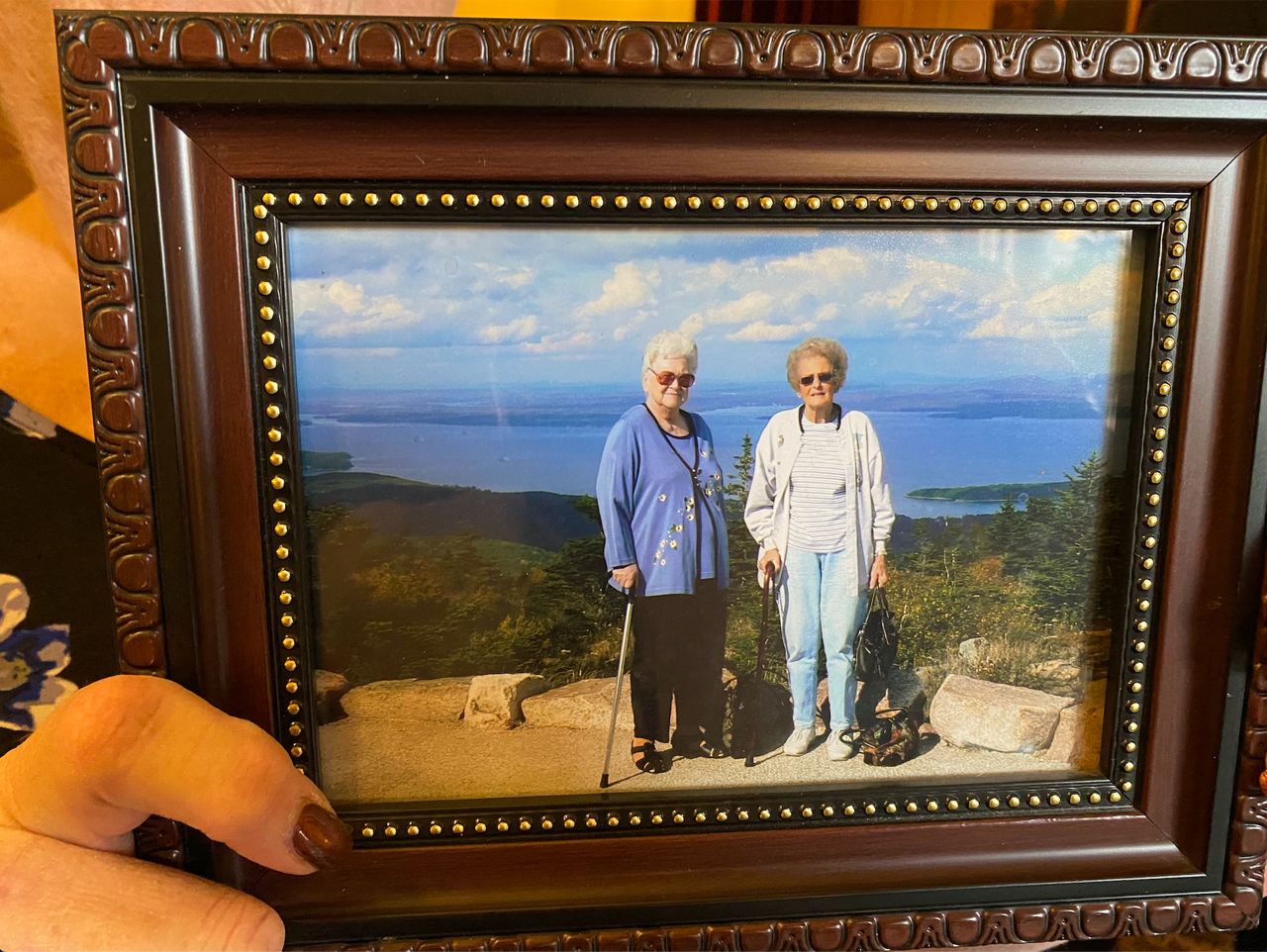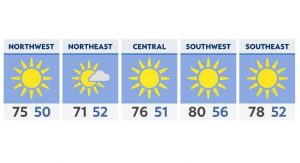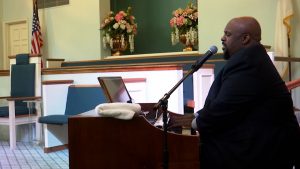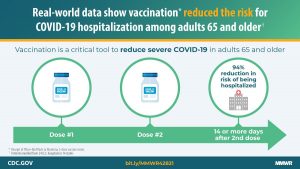COLUMBUS, Ohio — During the pandemic, hospitals have had to clamp down on the amount of visitors they allow. It has meant countless families have not been able to say goodbye to their loved ones before they die.
What You Need To Know
- Two northcentral Ohio women were on hospice in 2020
- Both had issues having family and faith leaders being allowed to visit them
- Rep. Gary Click, R-Vickery, who is also a hospice chaplain and both women’s pastor, introduced legislation to change the outcome in the future
- Shirley and Wilma’s Law would allow patients to see their families, caretakers and clergy in a pandemic so long as they pass proper screenings and there is not an executive order from the governor saying otherwise
Spectrum News spoke to two women who were caught in the middle of the situation and what lawmakers are trying to do to give family members the closure they seek.
In October 2020, Shirley Methner, 85, was hospitalized after falling. Doctors at ProMedica Memorial Hospital in Fremont then learned she was infected with COVID-19 and struggling with symptoms. Methner was transferred to a different hospital in Fostoria and put on hospice.
Her daughter, Pamela Wooley, went to see her.
“They let me in. They said, crawl in bed with her. You can take your stuff off (even though) she’s positive. They were wonderful,” said Wooley.
However, Rep. Gary Click, R-Vickery, who is also a hospice chaplain and was Methner’s pastor, was told at first he could not see her. Then he said he spoke with someone else at the hospital who told him he could go in if he wears personal protective equipment and kept his distance.
“I said, I’ll wear a spacesuit. I’ll do whatever it takes to go in. Just so she can hear her pastor’s voice praying for her one last time before she goes to heaven,” said Click. “And as I was talking to this contact on the phone, I got a text from Pam, and it said, ‘mom just died.’”
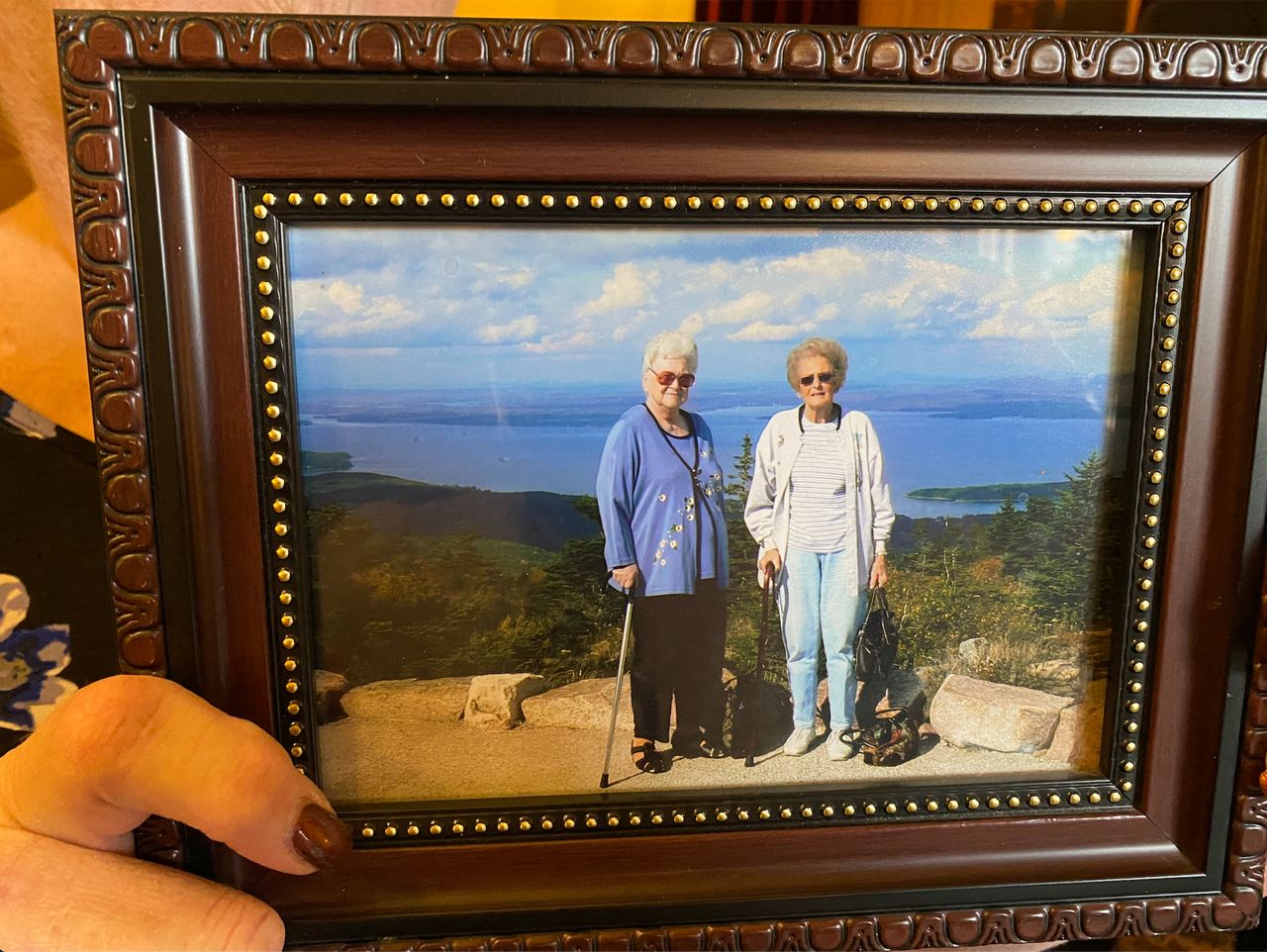
A month later, Methner’s best friend, Wilma Rapp, 84, was also hospitalized in Fremont with COVID-19. Rapp’s daughter, Terri Laeng, wanted to see her mom, too.
“I was positive COVID when she was admitted to the hospital and I begged the doctor every day to go and sit with her and hold her hand. And I was denied,” said Laeng.
Click said the hospital told Laeng they would contact her right before her mom passes so she could see her then. But by the time Terri got to the hospital, it was 15 minutes too late.
“It killed me. I’m telling you it’s been a year and I still struggle every day,” Laeng said. “Some days are good, but I struggle. My mom was more than my mom. She was my best friend, my confidant. She was a very, very special lady.”
Rapp was also not given the chance to see Click, her pastor, one last time.
“It’s just wrong that people’s mental health and their spiritual health would be denied during a time like that,” said Click.
The Ohio Department of Health said it “does not currently have any restrictions or guidelines that hospitals must follow regarding visitation; any changes made to visitor policies is at a hospital’s discretion.”
So Click and fellow House Republican Scott Lipps, R-Franklin, have introduced a bill that would allow patients to see their families, caretakers and clergy in a pandemic so long as they pass proper screenings and there is not an executive order from the governor saying otherwise.
The bill is named “Shirley and Wilma’s Law.”
“We want to do the best we can to provide a healthy and safe environment, but also you only die once, and that’s a very sacred moment for most people. You don’t get any do overs, no retakes. And so you might as well do it right when you do it,” said Click. “And that’s what this bill is all about, and that’s why it’s named after Shirley and Wilma. But there are so many other people who’ve told me very similar experiences. And so it’s not just about them, but they represent everyone else goes through this situation.”
The Ohio Hospital Association said it does not support the bill but are working with lawmakers.
“Hospitals recognize full well the importance of patients receiving visitors and we need workable options as we are responsible for the safety of patients and caregivers in our facilities,” the OHA said.
ProMedica said it has worked throughout the pandemic to keep those at its facilities safe.
“To protect patients, staff and the public, ProMedica adjusted its visitor restrictions several times over the past two years as COVID cases increased and decreased,” said Tausha Moore, ProMedica Director of Public Relations.
Meanwhile, Wooley and Laeng remain hopeful for the future.
“My heart would be very joyous, very joyous, especially for others also,” Laeng responded when asked what it would mean to her to have the bill signed into law.
“Shirley and Wilma’s Law” has had one hearing and is currently being considered by the Ohio House Health Committee.

